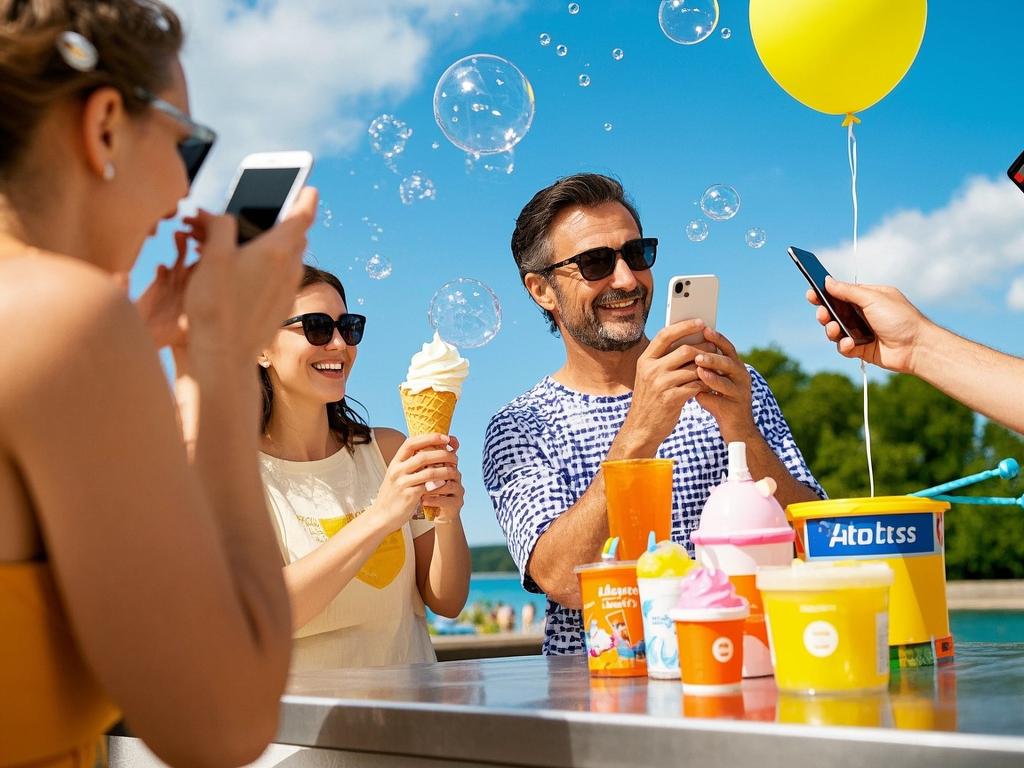
# The Placebo - like Effect of Branded Experiences: Creating Memories!
In the vast landscape of modern consumerism, branded experiences have emerged as a powerful force, often exerting a placebo - like effect on our minds. It's a phenomenon that's both fascinating and worthy of a deep dive.
Let's start by understanding what we mean by branded experiences. It's not just about buying a product; it's about the entire journey associated with a brand. Think about that luxurious hotel stay where every detail from the moment you step into the lobby to the quality of the turndown service is curated to perfection. Or that immersive theme park experience where you're transported into a different world. These are branded experiences, and they have a profound impact on our memories.
One of the key aspects is the creation of a narrative. Brands are like storytellers, and their experiences are the tales they spin. For example, Apple has built a brand narrative around innovation and simplicity. When you visit an Apple store, you're not just buying a device; you're part of a story of cutting - edge technology meeting sleek design. According to recent studies, consumers are more likely to remember a brand that offers a compelling narrative within its experience. In fact, a staggering 80% of consumers claim that they are more likely to engage with a brand that tells a good story.
The placebo - like effect comes into play when these branded experiences trigger positive emotions and expectations. Just as a placebo pill can make a person feel better even when it has no real therapeutic effect, a branded experience can create a sense of well - being or excitement. Take, for instance, a high - end coffee shop. The smell of freshly brewed coffee, the soft lighting, and the comfortable seating all combine to create an atmosphere that makes you feel relaxed and indulgent. You might not even notice that the coffee is slightly overpriced because the overall experience has made you associate it with a luxurious treat.
But it's not all about just creating pleasant memories. Branded experiences also have the power to shape our identities. We often choose brands that align with the person we want to be perceived as. A person who wants to be seen as eco - friendly might opt for a brand that promotes sustainable living and participates in environmental initiatives. This brand - experience connection becomes a part of our self - presentation. It's like we're wearing a brand as a badge of honor, and the experiences associated with it are our way of showing the world who we are.
However, there's a flip side to this coin. Sometimes, branded experiences can be manipulative. Brands might create artificial scarcity or exclusivity to enhance the allure of their experiences. Limited - edition products or VIP access events are prime examples. This can lead to a form of consumer FOMO (fear of missing out), where people feel compelled to participate in these experiences not because they truly want to, but because they don't want to be left out. It's a bit like being caught in a marketing trap.
Another issue is the potential for over - commercialization. When every aspect of an experience is driven by the brand's profit motive, it can lose its authenticity. For example, a historic landmark that's turned into a branded tourist attraction might lose its original charm. Instead of being a place to connect with history, it becomes a place to buy branded souvenirs and take branded selfies.
Now, let's talk about how we can navigate this world of branded experiences. As consumers, we need to be more discerning. Don't just blindly follow the hype. Take the time to research and understand what a brand is really offering. Is the experience truly valuable, or is it just a marketing gimmick? We should also look for brands that are transparent and ethical in their approach to creating experiences.
On the other hand, brands have a responsibility too. They should focus on creating experiences that are meaningful, not just profitable. Instead of creating artificial scarcity, they could offer unique experiences that are accessible to a wider audience. For example, a brand could host free community events related to their product or service, building a stronger connection with their customers.
In conclusion, branded experiences have a placebo - like effect that can create lasting memories. They have the power to shape our emotions, identities, and expectations. But we need to be vigilant to avoid being manipulated by over - commercialization and artificial marketing tactics. By being smart consumers and responsible brands, we can make the most of this phenomenon and create experiences that are both memorable and valuable. So, the next time you're faced with a branded experience, ask yourself: is this really something that will enrich my life, or is it just a fleeting moment of marketing - induced excitement? And let's start a conversation about how we can make the world of branded experiences a more authentic and fulfilling one. What are your thoughts on this? Have you ever had a branded experience that really stuck with you? Share your stories below!

